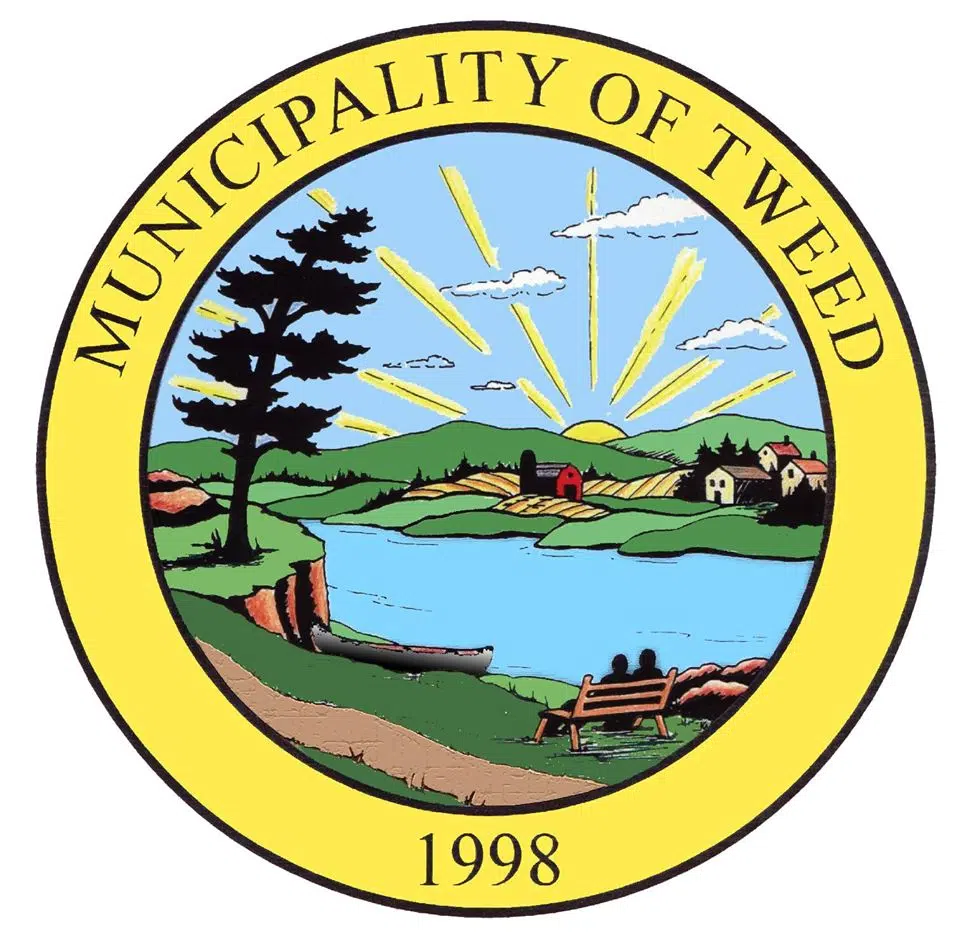The Municipality of Tweed received an independent auditor’s report on its finances on Tuesday.
It outlines a depletion in financial assets, specifically in cash and investments, over a three-year period of time.
In 2021, the municipality had $2,181,728 in cash. In 2023, the municipality had $547,500 in cash.
Investments also saw a decrease from $2,813,326 in 2022 to $1,091,672 in 2023.
“The previous council had begun to deplete some of the reserves in order to keep our costs down. So when it came to our council, all of a sudden we were looking at less reserves when you move from 2022 to 2023,” Tweed Mayor Don DeGenova tells Quinte News.
DeGenova also says the Pomeroy-McClellan infrastructure project took a chunk of money.
He says it could have done more to the pocketbook as the project was initially a two-year timeline, but were able to save time and money thanks to negotiating and working with contractors.
“We did it all in one year because the contractor wanted to keep all of his workers in place, and he said if we would do it in one year they would come in under another million under the bid that they won. So we decided to do all that work in year one so we could save a million dollars. So we had to take down some of our other investments in order to make that happen,” DeGenova explained.
The project did save $1.1 million.
The report also showed a significant drop in the net financial assets over a five-year trend, dropping to -$11,625,701.
DeGenova says part of that drop was due to new regulations from the province on reporting.
“Now you have to take into account buildings that may have asbestos, or even the pipes in the ground for sewer and water that are old that have asbestos, you have to declare that as a liability.”
“So that’s reflected on this council because it’s the first time that that regulation came into effect.”
DeGenova says that new liability accounts for -$7 million of the net financial assets.
He says all of these factor into a future tax increase for the municipality.
“One of the things is that we as a municipality have not been bringing in enough taxation revenues in order to do all the things that we need to do to run this municipality and to make it be successful,” DeGenova tells Quinte News.
“Then on top of that we’d get the Ontario Community Infrastructure Fund, and that was actually reduced by $51,000 this year. Some of the funding that we have counted on from the province and the Feds hasn’t been as forthcoming as it has been in the past.”
DeGenova says he will continue to push both levels of government to give the municipality the funding needed, especially after seeing bigger urban centres get increased levels of funding.
“It has to change. It can’t continue. Because we’re all going to go downhill. It’s the demise of small rural Ontario. If the federal and provincial government don’t come forward and help us with the issues that we’re facing.”






